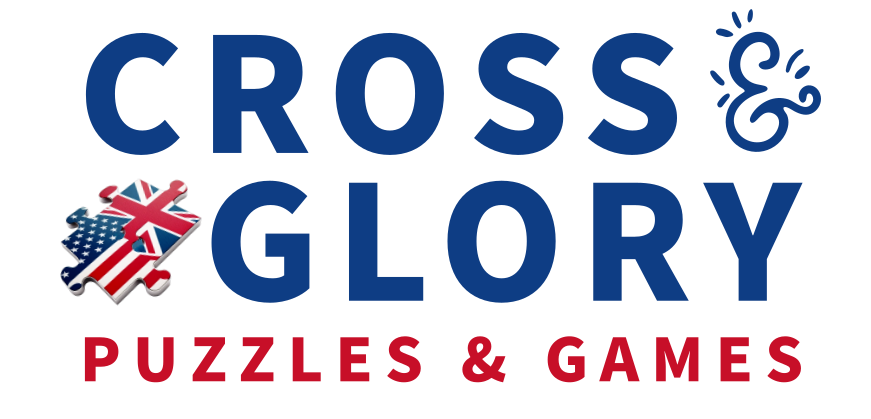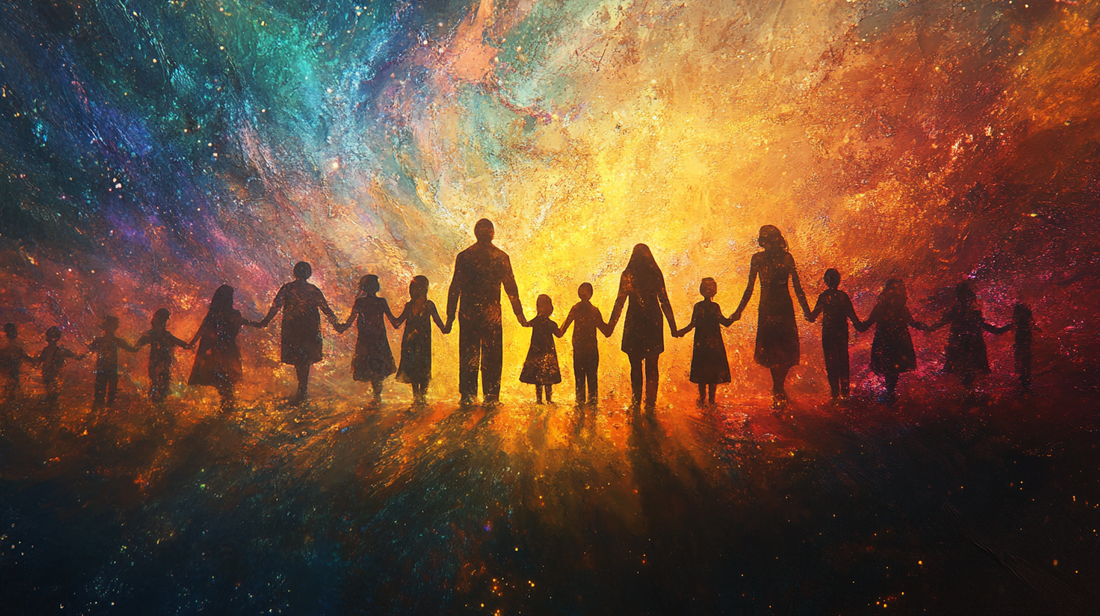In an era where digital distractions often dominate our interactions, finding meaningful ways to bond with others is more important than ever. Puzzling—whether through traditional jigsaw puzzles or modern variations—offers a simple, screen-free activity that brings people closer together. From fostering teamwork to sparking meaningful conversations, here’s why puzzles are a powerful bonding tool for friends, families, and even strangers.
Teamwork That Builds Trust
Puzzles require collaboration, whether you're working on a jigsaw, solving a crossword, or tackling a logic challenge. The shared goal of completing a puzzle fosters teamwork and encourages individuals to rely on one another's strengths. For instance, some participants might excel at recognizing patterns, while others thrive in organizing pieces by color or shape. This interdependence not only strengthens relationships but also highlights the value of cooperation.
Puzzling together also teaches patience and persistence—qualities that naturally enhance group dynamics. And if you’re stuck, there’s no need to worry! Learn tips for overcoming roadblocks in Stuck on a Puzzle? Don’t Panic—Here’s How to Get Unstuck.
Starting Conversations and Creating Memories
Puzzling creates a relaxed environment where conversations can flow naturally. Unlike more structured activities, it allows participants to talk freely while engaging in a shared goal. The tactile and visual elements of puzzles also spark creativity and storytelling, making them ideal for strengthening friendships and family bonds.
For those looking to expand their social circle, organizing a puzzle party is a fantastic idea. These gatherings create opportunities for connection in a fun, low-pressure setting. Get inspired to host your own with Engaging Social Connections: Organizing Modern Art Puzzle Parties for Adults.
Bonding Across Generations
Puzzling is a timeless activity that appeals to all ages, making it perfect for family gatherings. Grandparents, parents, and children can come together to work on a single project, sharing stories and laughs along the way. The inclusive nature of puzzling fosters a sense of unity and provides opportunities to pass down traditions or memories tied to specific puzzles.
Puzzles as a Reflection of Relationships
In literature, puzzles have often been used as metaphors for relationships and personal growth. Authors use them as narrative devices to symbolize problem-solving, persistence, and connection. Exploring how puzzles are represented in stories can add a thoughtful layer to your puzzling experience. Dive deeper into this fascinating concept with Puzzles in Literature: When Authors Use Puzzles as Narrative Devices.
A Healthy Mix of Competition and Fun
For those who enjoy a bit of friendly rivalry, puzzling can also add an element of competition. Timed puzzle challenges or group-solving sessions create excitement and camaraderie, bringing out the best in everyone while still focusing on teamwork.
Conclusion
Puzzling is more than a hobby—it’s a bridge that connects people. Whether you’re organizing a puzzle night, sharing a quiet afternoon with family, or reflecting on the literary significance of puzzles, this activity brings joy and fosters stronger relationships. So grab a puzzle, gather your loved ones, and let the bonding begin. The power of puzzling lies in its ability to unite us, one piece at a time.

